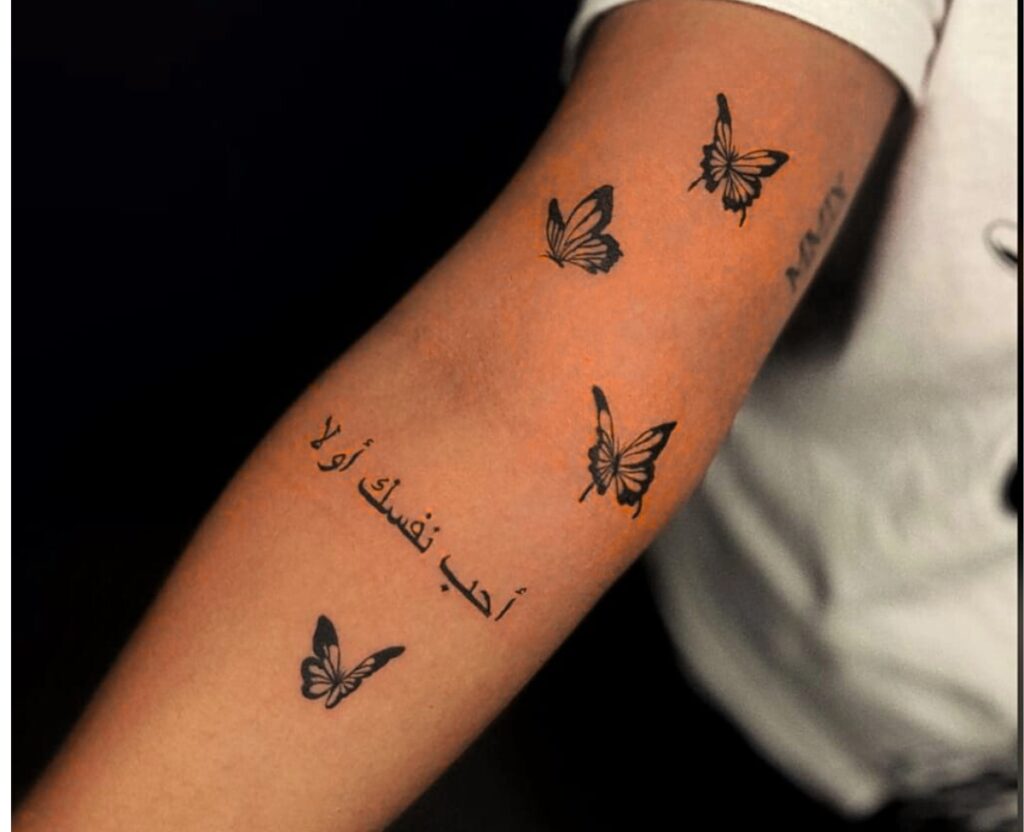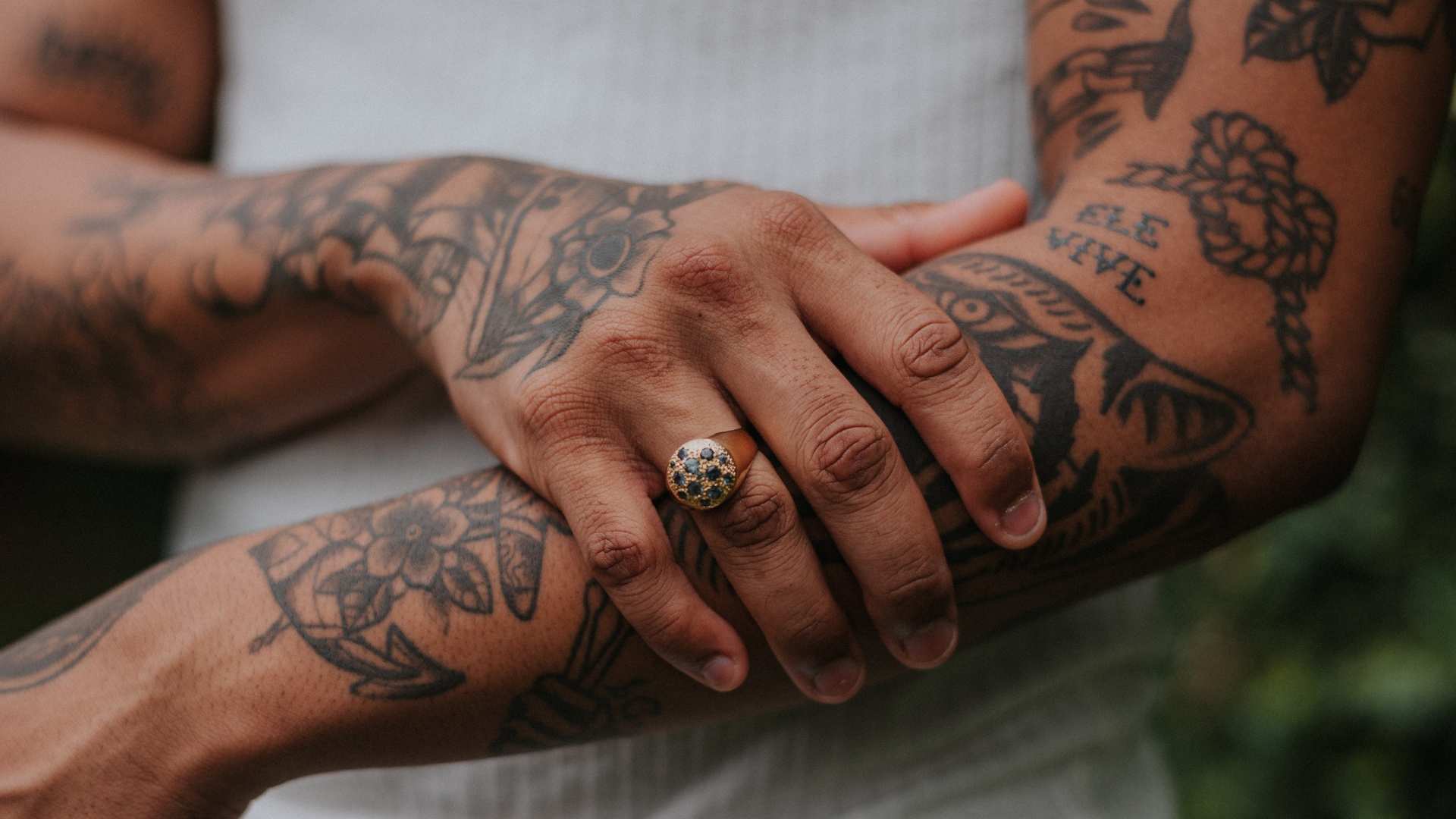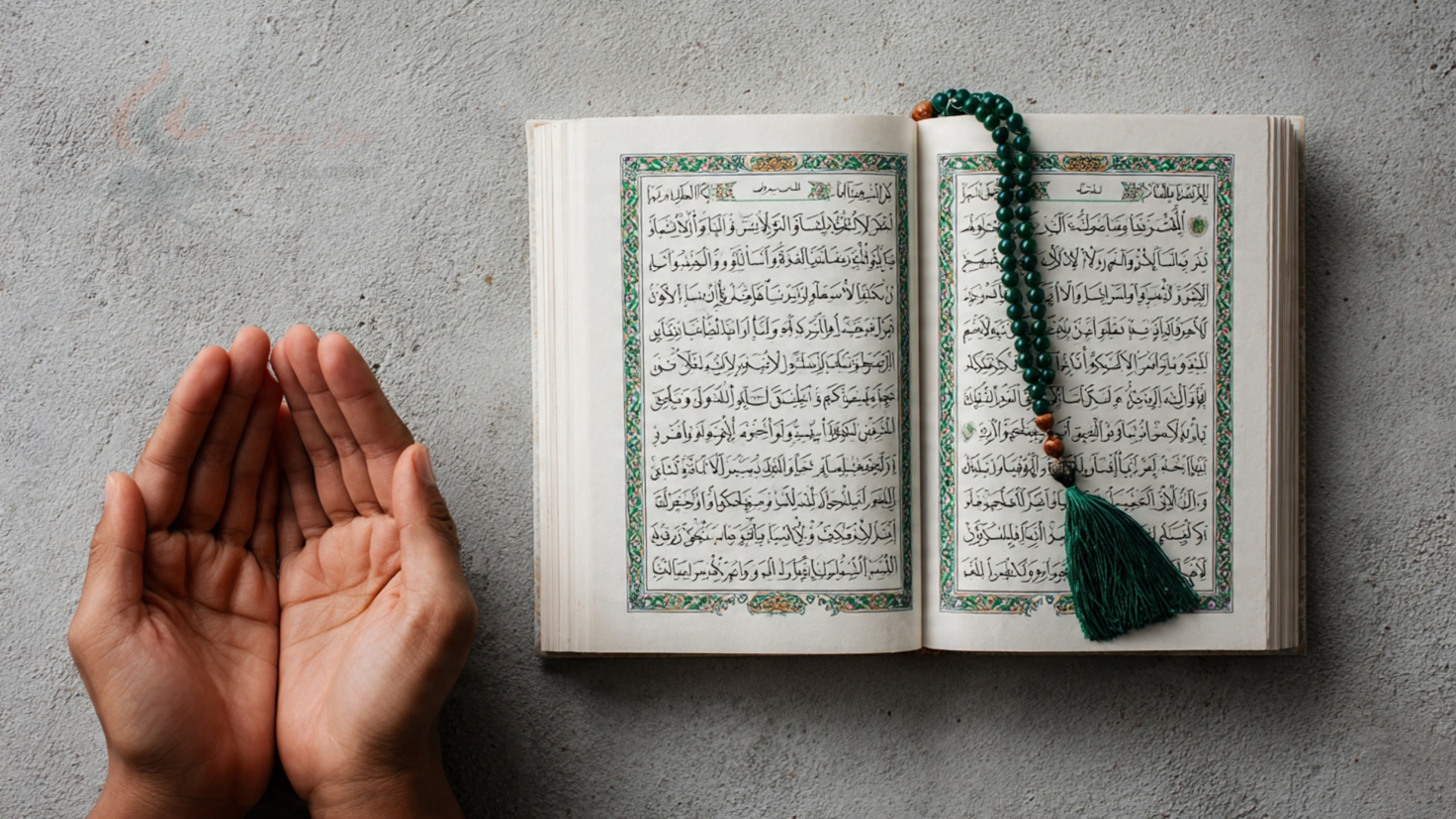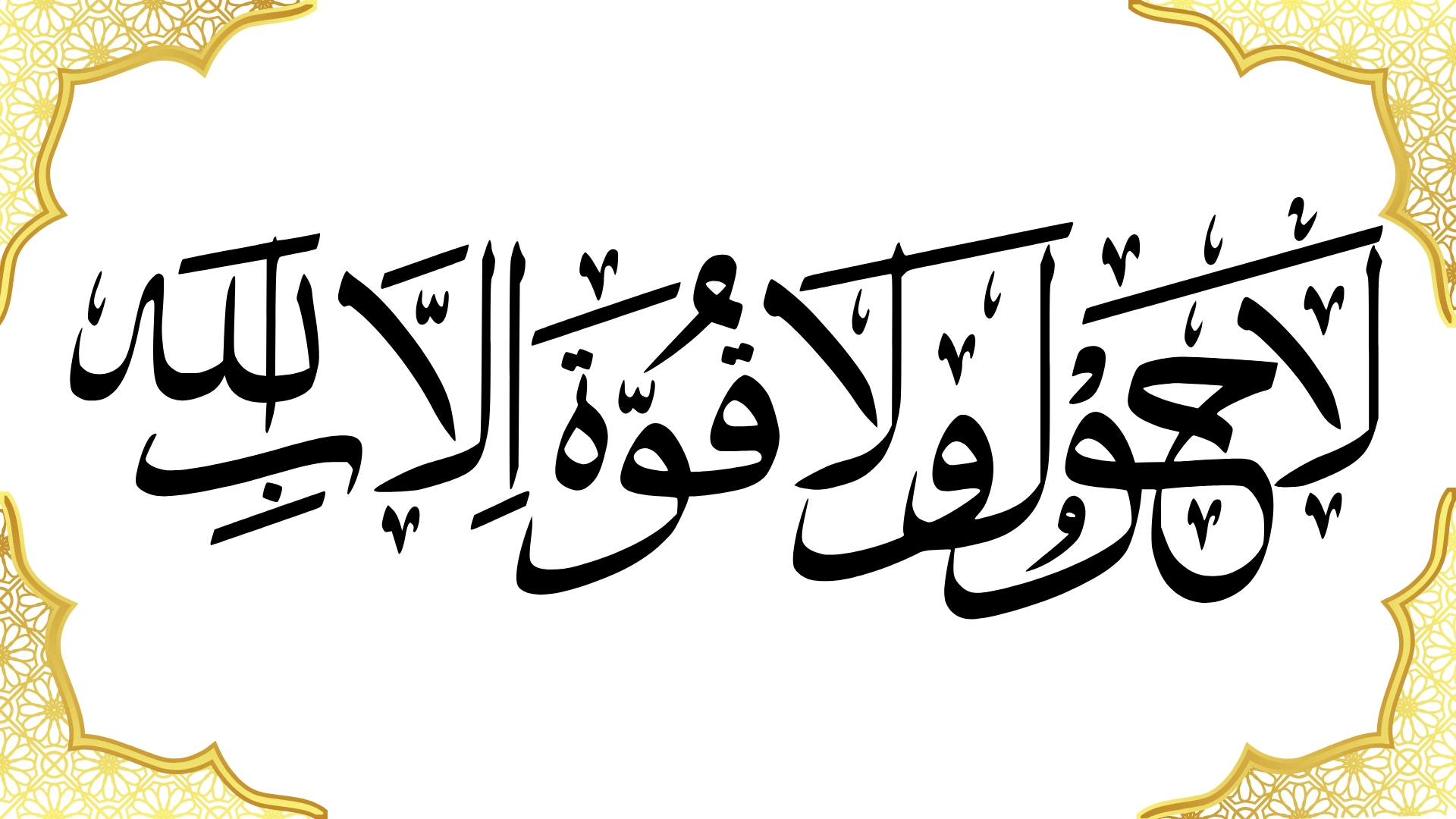Tattoos in Islam, are viewed with caution due to their potential to alter the natural body. Islamic teachings emphasize the preservation of the body as a divine trust, discouraging permanent alterations. This perspective stems from the belief that the human form is a gift from Allah and should remain unaltered.
Scholars and Islamic texts provide clear guidance on tattoos. Some scholars, however, allow exceptions for medical reasons or temporary designs like henna, which fade naturally and do not harm the body. Muslims are encouraged to explore alternatives that align with their faith. Henna tattoos, adhesive designs, or personalized jewelry offer creative ways to express individuality.
These options respect Islamic values while allowing self-expression. By choosing permissible methods, Muslims can honor their beliefs and maintain a balance between creativity and spirituality. This article examines the concept of tattoos in Islam from multiple perspectives, providing clarity based on Islamic texts and scholarly opinions.
Understanding Tattoos in Modern Society and Islamic Views
Tattoos have gained global acceptance. Historically, humans embraced tattoos to express identity, spirituality, and cultural affiliations. Today, people often opt for tattoos as a form of personal or artistic expression. However, Islamic traditions approach tattoos with caution. Muslims value the natural form of creation and discourage altering what Allah has gifted. Scholars assert that tattoos interfere with this natural design and pose ethical and spiritual concerns.
The growing popularity of tattoos adds complexity to understanding their place in Islam. Modern trends differ from early contexts, making it essential to revisit Islamic teachings and determine their relevance.

Are Tattoos Haram in Islam? A Detailed Analysis
Haram, meaning prohibited, often arises in debates about tattoos in Islam. The Quran and Hadith (sayings of the Prophet Muhammad, peace be upon him) provide baseline guidance. Both texts describe specific practices as unlawful if they result in harm, deception, or the alteration of Allah’s creation.
They argue that tattoos change the natural skin given by Allah. Specific practices, such as the injecting of ink into the dermis, breach these boundaries. Although the consensus leans toward prohibition, a few scholars provide exceptions. They consider motivations and conditions, such as medical necessity, as factors that could adjust this judgment.
Temporary tattoos, including henna designs, receive leniency. Since these designs naturally fade and do not alter the body’s structure, they gain approval under Islamic rulings.
What the Quran Says About Tattoos in Islam
The Quran indirectly addresses body modifications. The verse in Surah An-Nisa (4:119) states that Satan intends to mislead humanity by urging them to alter Allah’s creation. Scholars frequently cite this verse when discussing tattoos.
Additionally, another verse from Surah Al-Baqarah (2:195) commands Muslims not to cause self-destruction or harm. Tattooing, which involves penetrating the skin, raises concerns about pain and potential infections. Islamic scholars interpret these verses as strong evidence against tattoos.
Sayings of the Prophet Muhammad on Tattooing
Prophet Muhammad (peace be upon him) explicitly cursed individuals who perform or receive tattoos. A Hadith from Sahih Bukhari reports the Prophet saying that those who tattoo themselves or others are cursed.
These sayings strongly discourage tattoos viewed as modifying the divine form. They emphasize maintaining natural appearances and avoiding vanity or imitation, principles consistently upheld in Islamic teachings.
Perspectives on Tattoos from Sunni and Shia Muslims
However, nuances exist in their interpretations:
Sunni Perspective
Sunni scholars abide by explicit Hadith condemning tattooing. They view tattoos as forbidden due to their permanent nature and potential harm to the human body.
Shia Perspective
Shia scholars show slightly more leniency. They argue that the Hadith against tattoos lacks universal application. Instead, they prioritize intent and context. For instance, tattoos used for medical purposes or non-permanent body art may find acceptance. Both groups emphasize that tattoos should not obstruct ritual purity, prayer, or ablutions.
Permissible Alternatives to Tattoos in Islam
Muslims seeking self-expression via body art often turn to permissible alternatives. Innovations like henna tattoos or body painting offer creative outlets without conflicting with Islamic values.
Henna Tattoos
Henna holds cultural and religious significance. Since henna fades naturally, it aligns with Islamic guidelines for temporary adornments.
Temporary Adhesive Tattoos
Adhesive tattoos, lasting up to two weeks, mimic traditional designs and appeal to younger Muslims. These non-invasive tattoos allow for creative expression within Islamic principles.
Customized Jewelry
Rings, necklaces, and bracelets offer elegance and personalization without altering Allah’s creation.
How Tattoos Affect Wudhu and Prayer Practices
Wudhu, an essential ablution ritual before prayer, requires water to reach the skin. Permanent tattoos, though beneath the surface, do not obstruct this process. Hence, some jurists argue that tattoos do not invalidate wudhu. However, temporary or surface-level tattoos may create barriers. Adhesive designs or waterproof ink could prevent water contact with the skin, disrupting ablutions. For practicing Muslims, ensuring ablution integrity must remain a priority. Tattoo-bearing individuals must verify that their tattoos do not conflict with religious obligations.
Why Does Islam Prohibit Permanent Body Alterations?
Islam prioritizes preserving the body as a divine trust. Permanent body modifications, like tattoos, are viewed as unnecessary alterations that deviate from this principle. Beyond theological objections, the health risks associated with tattooing amplify its disapproval. Complications, including infections, allergic reactions, or scarring, highlight the potential harm to the physical body.
Repentance and Guidelines for Muslims with Tattoos
Muslims carrying permanent tattoos from pre-conversion or past phases often seek guidance. Islamic teachings stress Allah’s boundless mercy. Repentance and renewed commitment to faith outweigh previous actions.
Steps Muslims with tattoos can take include:
Intentional Repentance
Seeking forgiveness and vowing against future body modifications restores one’s connection with Allah.
Tattoo Removal
While not mandatory, removing tattoos can signify an additional effort toward compliance with Islamic principles.
Sincere Worship
Adhere to regular prayers, charity, and devotion to strengthen your spiritual journey. Individuals must focus on intentions and trust that Allah values genuine repentance.
Should Muslims Consider Getting Tattoos? Insights and Advice
Muslims contemplating tattoos should weigh their decisions carefully. Islamic rulings aim to promote well-being and protect faith. Individuals must prioritize principles over societal trends or aesthetic preferences. For those attracted to self-expression, permissible alternatives allow creativity while respecting religious obligations. Consulting scholars or trusted religious figures helps reinforce clarity.
Conclusion
Tattoos in Islam raise significant questions about preserving divine creation and balancing personal expression with religious guidelines. While modern society normalizes tattoos, Islam encourages a return to authenticity. Respect for one’s body mirrors respect for Allah’s craftsmanship. By choosing alternatives and valuing intentions, Muslims can align creativity with faith and find harmony in self-expression, all while staying true to their values.




